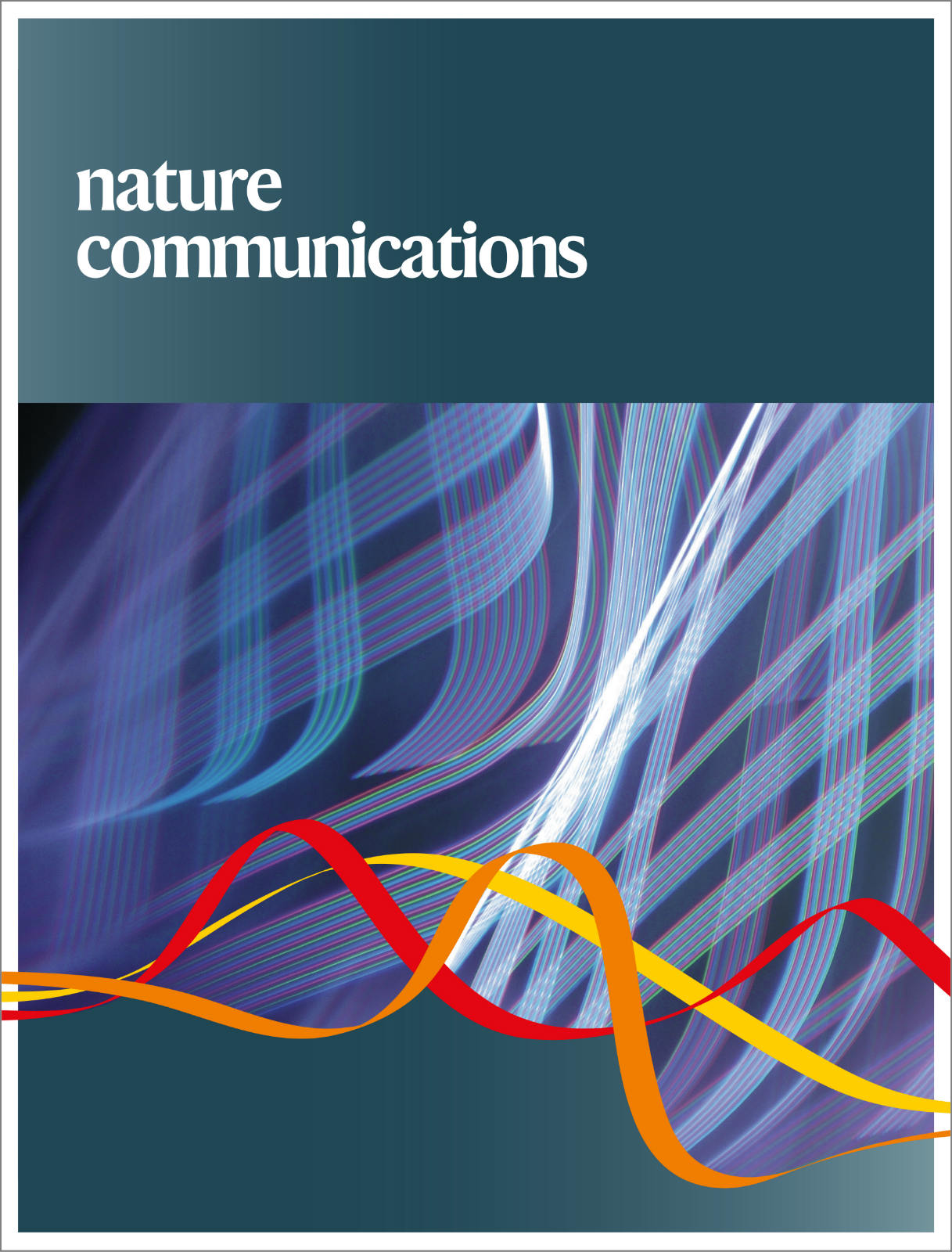人工智能与药物计量学建模相结合,为非洲量身定制疟疾和结核病治疗方案。
IF 15.7
1区 综合性期刊
Q1 MULTIDISCIPLINARY SCIENCES
引用次数: 0
摘要
非洲巨大的遗传多样性对优化该大陆的药物治疗提出了挑战,而药物发现和开发工作历来是在非洲以外进行的,这一事实加剧了这种挑战。这导致非洲人口的治疗结果不理想,相关的药物遗传数据总体上缺乏,包括特征基因型以及非洲大陆用于治疗传染病的处方药物。在这里,我们提出了一种通用的方法来识别具有潜在药理学兴趣的药物基因对。我们将机器学习和人工智能与基于生理的药代动力学(PBPK)和非线性混合效应(NLME)模型结合起来,假设哪些药物基因可能具有潜在的临床价值,以及哪些剂量调整可以为非洲人群提供更好的治疗结果。基于药物和基因的公开结构和生物活性数据,采用最新的知识嵌入技术对药物-基因对进行排名,然后进行基于语言模型的大型细化。然后评估所选基因在PBPK分析中的敏感性,随后用NLME检查相关变异以进行剂量优化。分析的重点是在非洲具有潜在临床相关性的基因。我们更深入地研究了疟疾和结核病的治疗方法,其中许多方法从药理学角度来看仍未被描述。本文章由计算机程序翻译,如有差异,请以英文原文为准。
Artificial intelligence coupled to pharmacometrics modelling to tailor malaria and tuberculosis treatment in Africa.
Africa's vast genetic diversity poses challenges for optimising drug treatments in the continent, which is exacerbated by the fact that drug discovery and development efforts have historically been performed outside Africa. This has led to suboptimal therapeutic outcomes in African populations and overall scarcity of relevant pharmacogenetic data, including characteristic genotypes as well as drugs prescribed in the continent to treat infectious diseases. Here, we propose a general approach to identify drug-gene pairs with potential pharmacogenetic interest. Our pipeline couples machine learning and artificial intelligence with physiologically-based pharmacokinetic (PBPK) and non-linear mixed effects (NLME) modelling to hypothesize which pharmacogenes could be of potential clinical interest, and which dose adjustments could be made to provide better treatment outcomes for African populations. Drug-gene pairs are first ranked with the latest knowledge embedding techniques, based on public structural and bioactivity data for drugs and genes, followed by a large language model-based refinement. Selected genes are then evaluated for their sensitivity in PBPK analysis, and relevant variants subsequently inspected with NLME for dose optimization. The analysis is focused on genes with potential clinical relevance in Africa. We delve deeper into malaria and tuberculosis therapies, many of which remain uncharacterised from a pharmacogenetic perspective.
求助全文
通过发布文献求助,成功后即可免费获取论文全文。
去求助
来源期刊

Nature Communications
Biological Science Disciplines-
CiteScore
24.90
自引率
2.40%
发文量
6928
审稿时长
3.7 months
期刊介绍:
Nature Communications, an open-access journal, publishes high-quality research spanning all areas of the natural sciences. Papers featured in the journal showcase significant advances relevant to specialists in each respective field. With a 2-year impact factor of 16.6 (2022) and a median time of 8 days from submission to the first editorial decision, Nature Communications is committed to rapid dissemination of research findings. As a multidisciplinary journal, it welcomes contributions from biological, health, physical, chemical, Earth, social, mathematical, applied, and engineering sciences, aiming to highlight important breakthroughs within each domain.
 求助内容:
求助内容: 应助结果提醒方式:
应助结果提醒方式:


